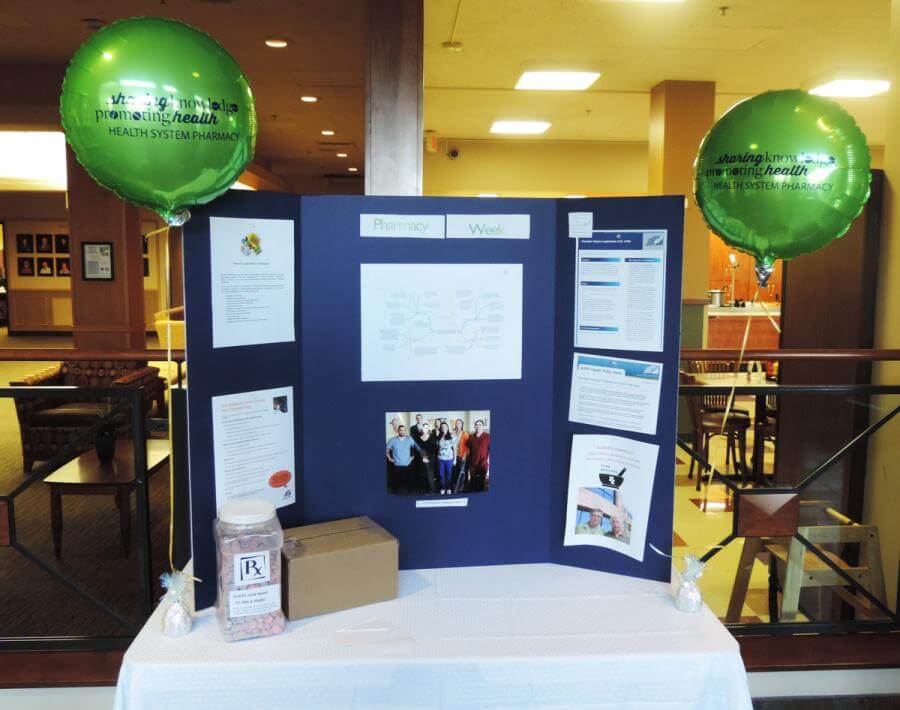Celebrating Pharmacy Week
Recently, I sat down with San Luis Valley Health's Pharmacy Director, Jessica Sabia, to discuss the role that our hospital pharmacy plays in the SLV Health organization as part of Pharmacy Week.
1. Give us an overview of what a hospital pharmacy does. What is the difference between a hospital’s internal pharmacy and a retail pharmacy?
When I was 16, I spent a day shadowing my cousin, who was a pharmacist in a grocery store. I stood there horrified while she haggled with insurance companies on the phone and poured pills from big bottles into small ones. I couldn’t even make it through the whole day – I hated it. Retail pharmacy has come a long way since that time, but hospital pharmacy has come even further.
Any time you use medications in a hospital, a pharmacist and technician are involved in your care. We look at the order the doctor writes and make sure it is safe for you, as well as the best drug choice. Our techs either stock the drug in an automated dispensing machine or prepare the dose in the pharmacy and deliver it to you.
Today, hospital pharmacy is much more than drug dispensing - we handle every aspect of medication. This includes complex purchasing agreements and inventory management, working in teams to provide the safest and best care to patients, engaging in quality improvement and patient safety projects, and more!
2. What kind of role does your team play in medication safety?
Mr. Smith (name changed) was a patient admitted with hypertension when I worked at University of Colorado Hospital. I sat down to talk to him because he’d brought in a pillbox of medications
 As part of Pharmacy Week, the team set up a display for people to learn more about what the pharmacy does.
As part of Pharmacy Week, the team set up a display for people to learn more about what the pharmacy does.
and the doctors needed help writing his orders. The boxes from the previous days still had some pills in them and I asked him why. “That’s my Ambien – I only take it when I need to sleep,” he said. When I identified all his pills, I realized he’d actually confused his blood pressure medication with his sleep medication. No wonder he was hypertensive! We got the right orders written for him while he was in the hospital, but more importantly, we communicated the problem to his family and made sure the mix up wouldn’t happen again.
This is just one little example of the role pharmacists play in medication safety. We keep patients from getting medications they are allergic to, doses that are too high or low, and drugs that interact with other drugs they are taking. We also perform analyses when a medication error does occur to keep it from ever happening again.
3.How does your department interact with other departments of the organization?
We support our inpatient services in medical surgery, the ICU, and our OB/GYN team through the services and practices explained above.
Our pharmacy has also had the opportunity to support our cancer services. All of our pharmacists carefully review chemotherapy orders and provide patient education services. Rob joined our oncology team and helped significantly improve the chemotherapy ordering process to reduce any risk of error. Our techs have undergone extensive training to be able to properly handle chemotherapy and prepare IV’s.